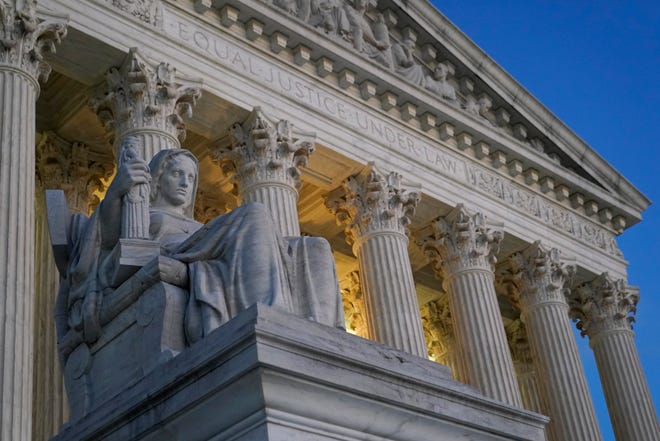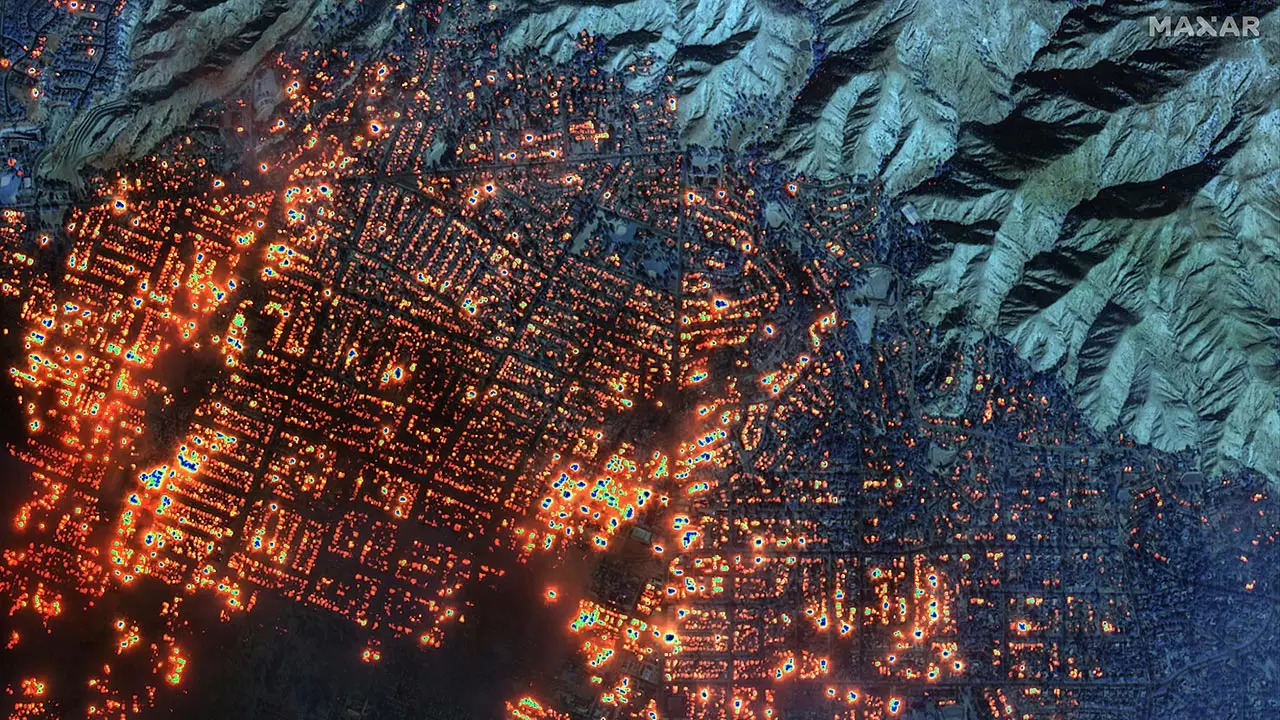- The order from the 5th Circuit was the latest setback for Biden’s student loan forgiveness effort.
- The administration has signaled it will likely appeal to the Supreme Court.
- The nation’s highest court is already considering a separate appeal over the same program.
WASHINGTON – A federal appeals court Wednesdayruled against President Joe Biden’s $400 billion student loan forgiveness program, declining to halt a lower court’s ruling that invalidated the effort and teeing up the latest dispute over the controversial debt relief effort likely to be appealed to the Supreme Court.
The brief order from the New Orleans-based U.S. Court of Appeals for the 5th Circuit let stand a lower court ruling that had blocked the program’s implementation. In response to a barrage of lawsuits, the Biden administration had already extended a pause on student loan payments until as late as June 30, 2023.
The lawsuit was filed by the conservative-leaning Job Creators Network Foundation, which describes itself as “a nonpartisan organization founded by entrepreneurs who believe the best defense against bad government policies is a well-informed public.” U.S. District Judge Mark Pittman ruled Nov. 10 that the debt relief effort violated the law and he blocked its implementation nationwide.
The decision is almost certain to be appealed to the Supreme Court, which is already considering a ruling about the loan forgiveness program from the St. Louis-based U.S. Court of Appeals for the 8th Circuit. In its request to the 5th Circuit this month, the Biden administration had already indicated it would likely “seek relief from the Supreme Court in this case if this court declines to stay the district court’s judgment.”
The high court may decide to combine the two cases.
Biden created the debt relief plan under the HEROES Act, which was passed after 9/11 sparked an American-led military campaign against terrorism. The act gave the administration authority to forgive student loan debt in association with military operations or national emergencies. Biden was able to invoke the law because he had already declared a national emergency for the COVID-19 pandemic.
Under the president’s plan, borrowers would be eligible for up to $10,000 or $20,000 in debt relief, depending on their income and whether they received a Pell Grant in college. Borrowers must earn less than $125,000 a year or reside in households that make no more than $250,000. As many as 40 million people would qualify for Biden’s plan, and some would see their entire balance erased.
One of the plaintiffs in the case has more than $17,000 in student loans but is ineligible for the program because her debt is commercially held, according to court documents. Another plaintiff has more than $35,000 in federal student loans but is ineligible for the full relief because he did not receive a Pell Grant.
The pair argued they were denied an opportunity to comment and offer input on the president’s student loan debt forgiveness plan. They asserted the government violated a federal law that usually requires agencies to seek public comment before implementing new rules and regulations.
“They believe it is irrational, arbitrary, and unfair” to not receive the full benefits of the program, their attorneys argued. And, they said, they would “be severely harmed” if the program is implemented because they would be “deprived of their procedural rights.”
In response to the public comment concern, the federal government argued the program was exempt from that process because it planned to discharge the debt via the HEROES Act. The administration added that the lower court’s order invalidating the program did not provide either plaintiff a greater opportunity to comment on the debt relief program and that one of them “loses $10,000 of loan forgiveness” as a result.
“This court should not permit the elimination of debt relief to so many Americans in need based solely on two individuals’ claim that the program did not go far enough,” the administration told the appeals court.













![Tunisia: President of Republic Meets PM and Stresses ‘Need to Break With ‘Old Laws’ [upd 1] Tunisia: President of Republic Meets PM and Stresses ‘Need to Break With ‘Old Laws’ [upd 1]](https://cdn08.allafrica.com/static/images/structure/aa-logo-rgba-no-text-square.png)




Discussion about this post